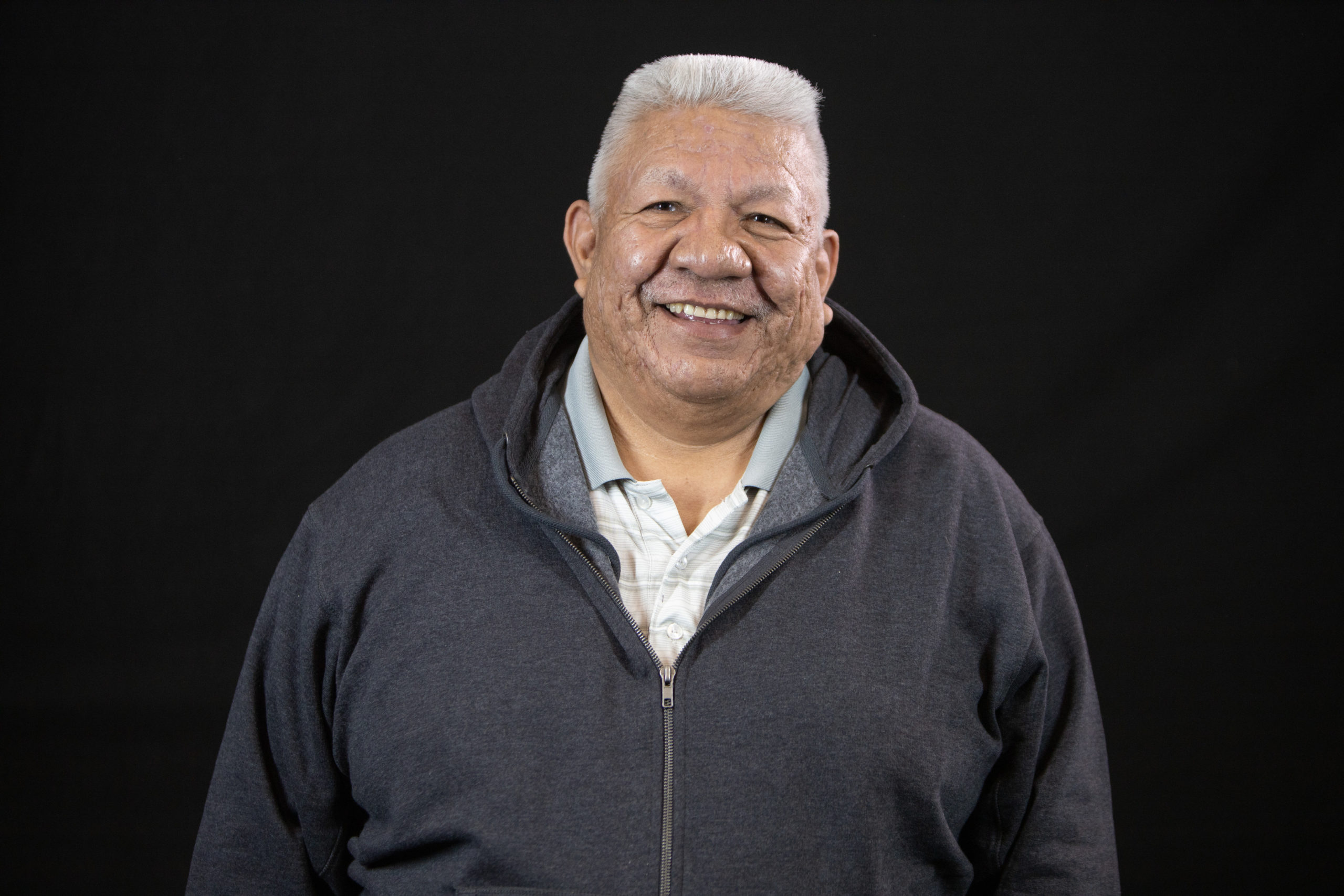Fisheries Program
The Lheidli T’enneh Fisheries Program works closely with the Federal Department of Fisheries and Oceans (DFO) to provide an interface to all things related to salmon management on the traditional territory of Lheidli T’enneh. This area includes the entire upper Fraser River watershed and portions of the Nechako and Peace watersheds. These areas provide habitat for numerous stocks of salmon as well as other resident species. Having a long and important relationship as stewards of these aquatic resources, Lheidli T’enneh strives to manage and preserve the fish that have been an important part of their people’s health, food security, and culture.
The extensive use of the territory’s aquatic resources, including fish, continues today. To do so, Lheidli must address ongoing challenges – social, economic, and environmental – in order to maintain the use of these natural resources. Decisions made regarding aquatic resources must also consider conservation, public health, and public safety. The Lheidli fishery programs are intended to address these challenges and are driven by the informed community with the help of Fisheries and other Band program staff.
Fisheries Manager

Dominic Frederick
Dominic Frederick is the Lheidli T’enneh Fisheries Manager. Dominic has spent most of his career working with Lheidli T’enneh in leadership capacities, and he has always been involved in the effort of conserving and managing aquatic resources.
Much of Dominic’s work involves engaging with different invested groups whose activities may impact fish stocks. These range from local NGOs, forestry companies, Federal and Provincial Ministries, the Carrier Sekani Tribal Council and Upper Fraser Fisheries Conservation Alliance to name a few, but also includes Lheidli’s own Natural Resource Department. These partnerships ensure everyone remains informed when making decisions that consider respecting Aboriginal fishing and other rights but also inform fishery management.
Today, he continues to work diligently with the Band and Ministry staff implementing recovery plans, addressing declining fish stocks, and preventing the extirpation (local extinction) of valuable fish species on traditional Lheidli territory.
Overview of Programs
Lheidli T’enneh’s Fisheries Program works to further the fisheries related interests of the community and does so both independently and in conjunction with Provincial and Federal fisheries agencies and other organizations. Key recent and current initiatives include the following:
- Managing and monitoring the community's food, social and ceremonial harvest of salmon;
- Enumerating spawning Chinook in several key tributary streams to the upper Fraser River;
- Developing and implementing a rebuilding plan for the Bowron sockeye population; and
- Research and monitoring of the Upper Fraser's white sturgeon population, including juvenile monitoring for the purposes of understanding activities associated with the Nechako white sturgeon recovery initiative.
Additional Links
The following links provide information on government frameworks, non-profit agencies, and important updates regarding First Nations and aquatic resources.
Aboriginal Fisheries Strategy
The following links provide information on government frameworks, non-profit agencies, and important updates regarding First Nations and aquatic resources.
- To provide a framework for the management of fishing by Aboriginal groups for food, social and ceremonial purposes.
- To provide Aboriginal groups with an opportunity to participate in the management of fisheries, thereby improving conservation, management and enhancement of the resource.
- To contribute to the economic self-sufficiency of Aboriginal communities.
- To provide a foundation for the development of self-government agreements and treaties.
- To improve the fisheries management skills and capacity of Aboriginal groups.
Big Bar Landslide Updates
In late June 2019, a landslide in a remote, rugged canyon along the Fraser River north of Lillooet was reported to authorities. Huge pieces of rock from a 125-metre cliff had sheared off and crashed in to the river, creating a five-metre waterfall. Based on the magnitude of the obstruction, salmon migrating upstream were impeded from naturally proceeding beyond the landslide.
Fraser River Aboriginal Fisheries Secretariat
The Fraser River Aboriginal Fisheries Secretariat (FRAFS) was established by Fraser First Nations and the DFO in 1994 to provide communications and support services to the Fraser Watershed Steering Committee under the Fraser Watershed Agreement.
Fraser Salmon Management Council
The Fraser Salmon Management Council is a Tier 1 (First Nations only) governance body that successfully concluded a historic agreement with Fisheries and Oceans Canada. The Agreement puts First Nations at the decision-making table for the management of Fraser River salmon by stipulating a truly collaborative process and structure.
First Nations Fisheries Council
The First Nations Fisheries Council works with and on behalf of BC First Nations to protect, reconcile, and advance First Nations title and rights as they relate to fisheries and the health and protection of aquatic resources, including access for food, cultural, and economic purposes. In recognition of the need to advance common positions on fisheries matters through a united front and a united voice, the First Nations Fisheries Council works to develop the necessary capacity and relationships that enable BC First Nations to influence the integrated planning and management of fisheries and aquatic resources.
Upper Fraser Fisheries Conservation Alliance
The UFFCA promotes accountability in the conservation, protection and sustainable harvest of UFFCA fish populations, as well as the health of the ecosystems upon which they depend. Their website provides information regarding the state of the UFFCA fish stocks and fisheries habitat.
DFO Fishery Notices
This government website allows you to search and browse notices for specific fisheries and management areas.
Contact
Lheidli T’enneh Fisheries Program
-
150 Brunswick Street
Prince George BC V2L 2B3 - Tel: 250-613-5680
- Fax: 250.963-6954
- [email protected]

